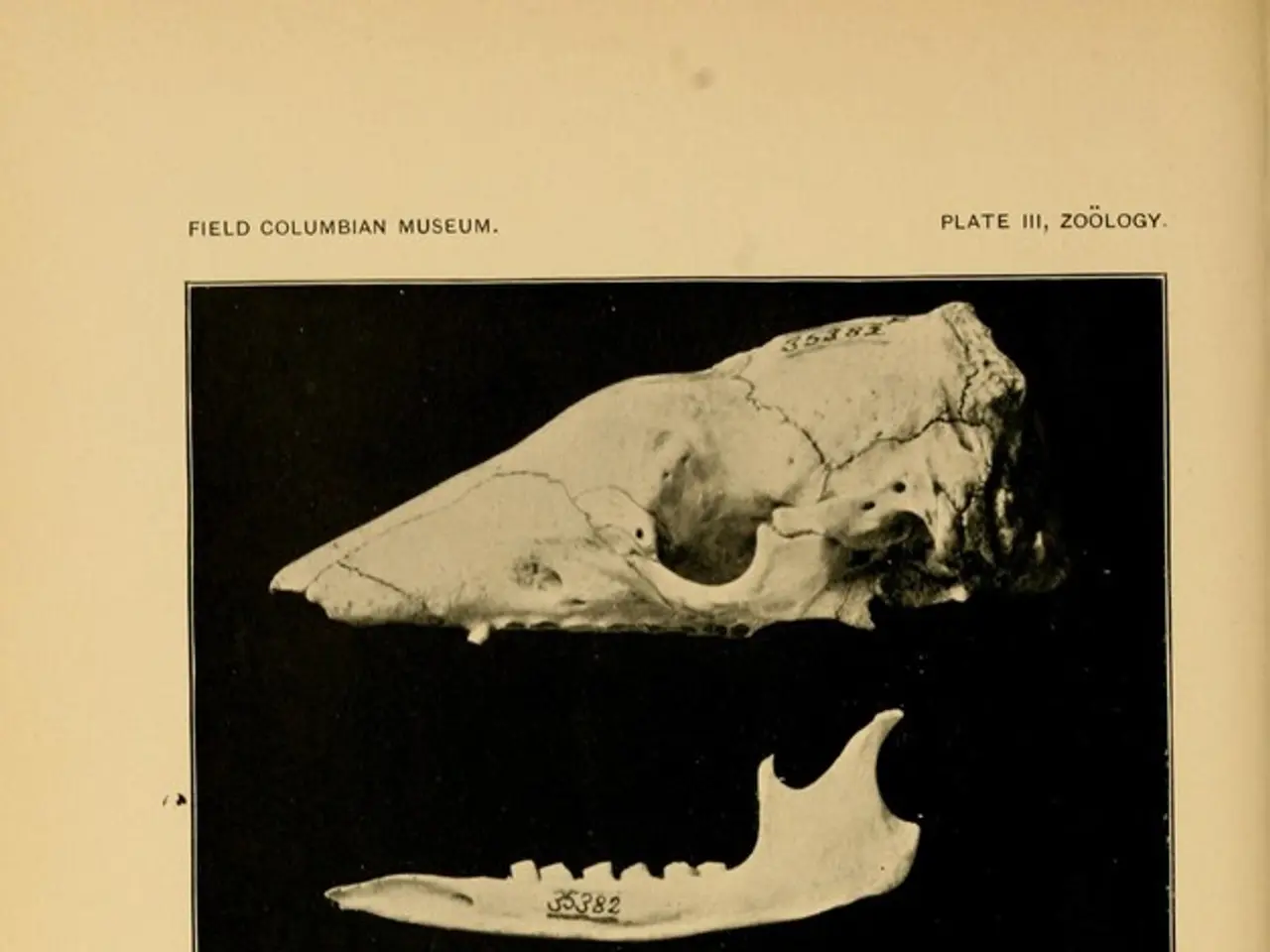Strategies for managing degenerative disk disease to prevent complications
In the battle against degenerative disk disease, adopting an anti-inflammatory diet and a regular exercise routine can be crucial. This condition, which affects many people and causes lower back pain, has links to inflammation.
To reduce inflammation linked to degenerative disc disease, it is important to avoid specific foods and beverages that promote systemic inflammation. Key items to avoid include processed meats, refined sugars, artificial trans fats, refined carbohydrates, and excessive alcohol consumption. These foods and drinks contribute to heightened inflammation in the body, which can worsen nerve irritation and intensify pain associated with degenerative disc disease.
In place of these inflammatory foods, a diet rich in whole, nutrient-dense anti-inflammatory foods supports healing and may reduce symptoms. For example, incorporating turmeric and ginger (both with natural anti-inflammatory properties), extra virgin olive oil, avocados, whole grains, beans, lentils, and green leafy vegetables such as spinach, cabbage, and kale may help manage inflammation and improve spine health.
Maintaining a balanced diet that avoids inflammatory triggers also helps with weight control, reducing pressure on affected discs. An optimal diet for fighting or preventing degenerative disk disease includes whole grains, fruit, green leafy vegetables, lean protein, and healthy fats. Lean protein helps regulate blood sugar, build muscle, and reduce sugar cravings that lead to eating less nutritious options, and examples include beans, turkey, and chicken breast. Healthy fats are beneficial for an array of body functions and include foods rich in omega-3 fatty acids, such as salmon, yogurt, and nuts.
People with degenerative disk disease should also avoid exercises that involve heavy lifting, twisting the spine, or high impact movements. A physical activity program for degenerative disk disease often includes stretching, strengthening exercises, and low impact aerobic exercises, such as walking. Analysis of a study on the benefits of 8 weeks of exercise to strengthen core muscles that stabilize the spine indicated that the program was effective in decreasing pain and disability.
Slouching may increase the risk of degenerative disk disease, and exercises to improve posture are recommended as a preventive measure. A study from 2014 found that those who engaged in a high or intermediate amount of heavy lifting had a greater risk of degenerative disk disease.
In treating degenerative disk disease, nonsteroidal anti-inflammatory drugs, such as ibuprofen, and epidural injections may help provide short-term relief of pain. An epidural injection of a steroid drug, such as dexamethasone, may provide short-term relief of pain stemming from disk herniation. However, maintaining a healthy diet and regular exercise are essential in managing the condition long-term.
In conclusion, to lower inflammation associated with degenerative disc disease, avoid processed meats, refined sugars, trans fats, refined carbs, and excess alcohol, and favour anti-inflammatory, whole foods instead. A balanced diet, regular exercise, and good posture can help manage the symptoms of degenerative disk disease and potentially prevent its onset.
- Incorporating turmeric and ginger, which have natural anti-inflammatory properties, into the diet supports healing and may reduce symptoms of degenerative disk disease.
- To reduce the risk of degenerative disk disease, it's advisable to avoid exercises that involve heavy lifting, twisting the spine, or high-impact movements.
- Slouching may increase the risk of developing degenerative disk disease, so exercises to improve posture are recommended as a preventive measure.
- A study from 2014 found that those who engaged in a high or intermediate amount of heavy lifting had a greater risk of developing degenerative disk disease.
- Nonsteroidal anti-inflammatory drugs (NSAIDs) like ibuprofen, and epidural injections may provide short-term relief of pain related to degenerative disk disease.
- Dexamethasone, an epidural injection of a steroid drug, may provide short-term relief of pain stemming from disk herniation.
- In the fight against chronic-kidney-disease, adopting a fitness-and-exercise routine may be beneficial, as maintaining a healthy weight can reduce pressure on affected discs.
- A regular exercise routine and a diet rich in green leafy vegetables, lean protein, and healthy fats may help manage multiple medical-conditions like diabetes, psoriasis, atopic dermatitis, and other musculoskeletal disorders.
- CBD, a compound found in cannabis, has been studied for its potential anti-inflammatory properties, and it may be beneficial for those suffering from chronic-diseases like depression and chronic-disease like osteoarthritis.
- Incorporating healthy nutrition practices like consuming whole grains, fruits, green leafy vegetables, lean protein, and healthy fats, can contribute to a holistic approach towards health-and-wellness.
- A physical activity program for degenerative disc disease often includes stretching, strengthening exercises, and low-impact aerobic exercises like walking, which can help manage symptoms and potentially prevent the onset of the condition.




